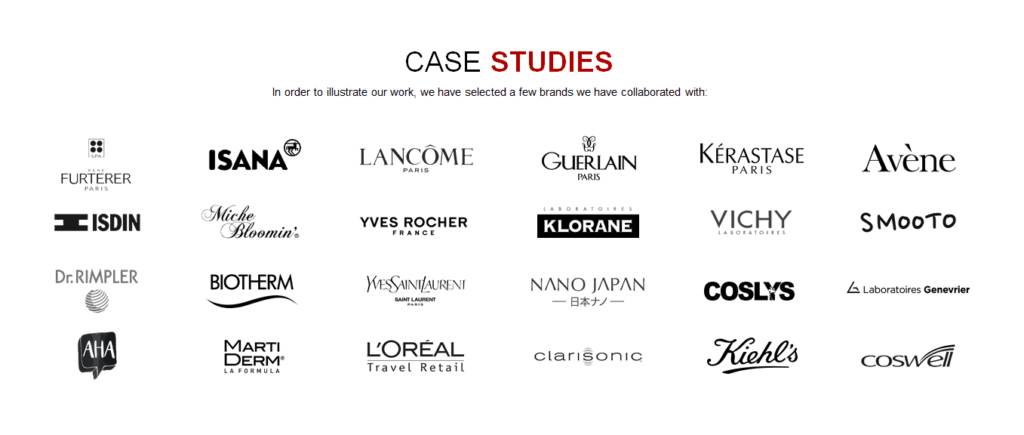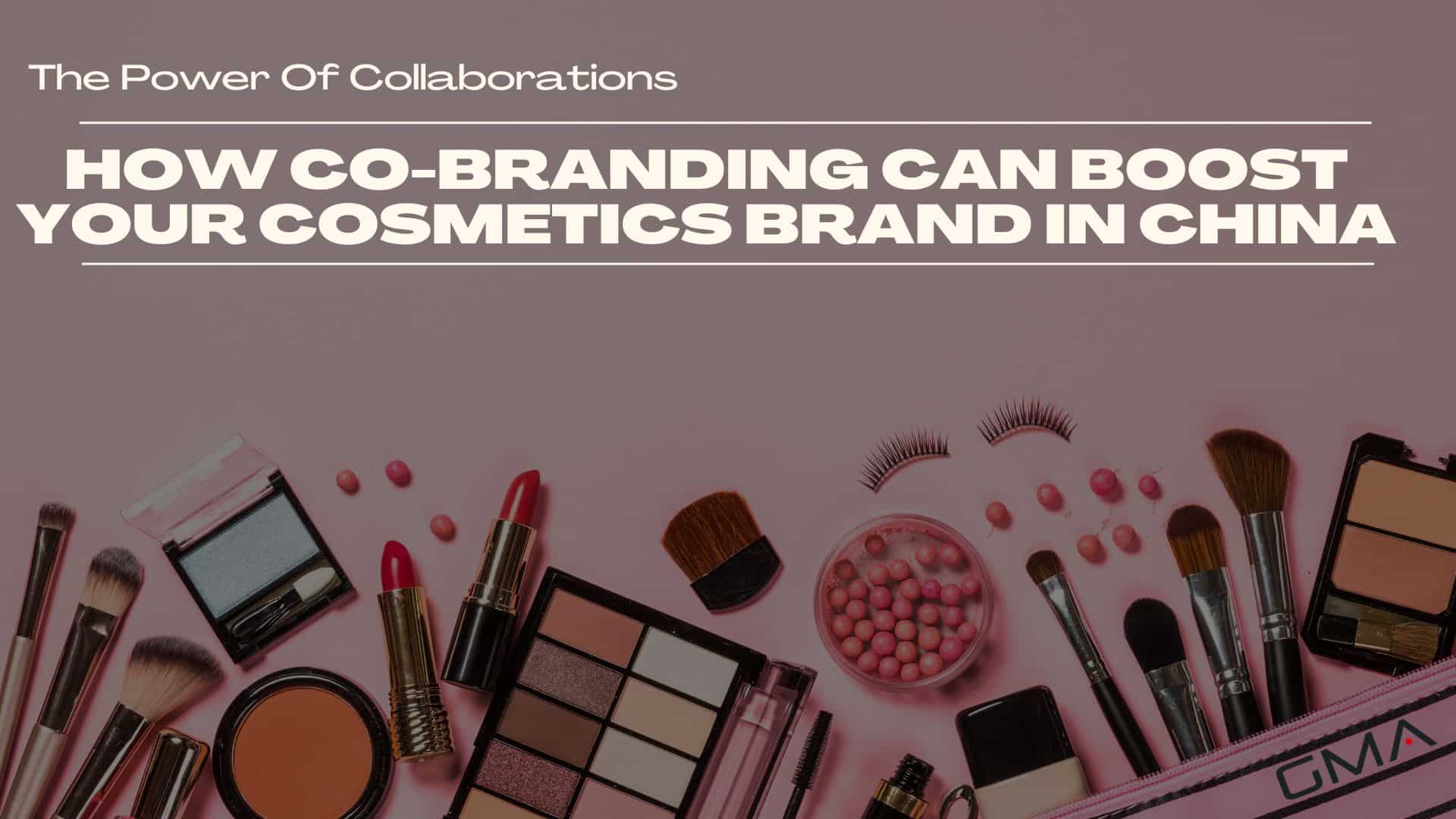China’s cosmetics market is the world’s second-largest beauty market. With an increasing urban population and rising disposable income levels, Chinese consumers are becoming more focused on their appearance and continuously seeking out beauty products that can help them look their best.
One interesting trend we’ve noticed is that approximately 28% of Chinese consumers expressed a preference for purchasing luxury or premium cosmetics in 2022. Brands with long-standing reputations have capitalized on this by introducing new offerings that cater to these sophisticated tastes.
Co-branding plays an instrumental role in this evolving landscape as it enables brands to create synergies through fresh collaborations.
Benefits Of Co-Branding For Cosmetics Brands In China
Increased Brand Awareness
By strategically partnering with established and well-known brands or influencers, your cosmetics brand has an opportunity to tap into new audiences and grow its customer base.
This collaborative marketing approach plays an essential role in shaping consumer perception and enhancing your credibility in the Chinese market. When two complementary brands join forces, they create a powerful synergy that often results in consumers attaching positive associations from one partner’s reputation to another.
This enhanced image ultimately leads to higher recognition amongst potential customers – increasing traffic and sales for both parties involved in the partnership. By leveraging each other’s strong industry presence, you can mutually benefit. Synergistic efforts, such as cross-promotion campaigns using trademark licensing agreements, can effectively elevate your status.
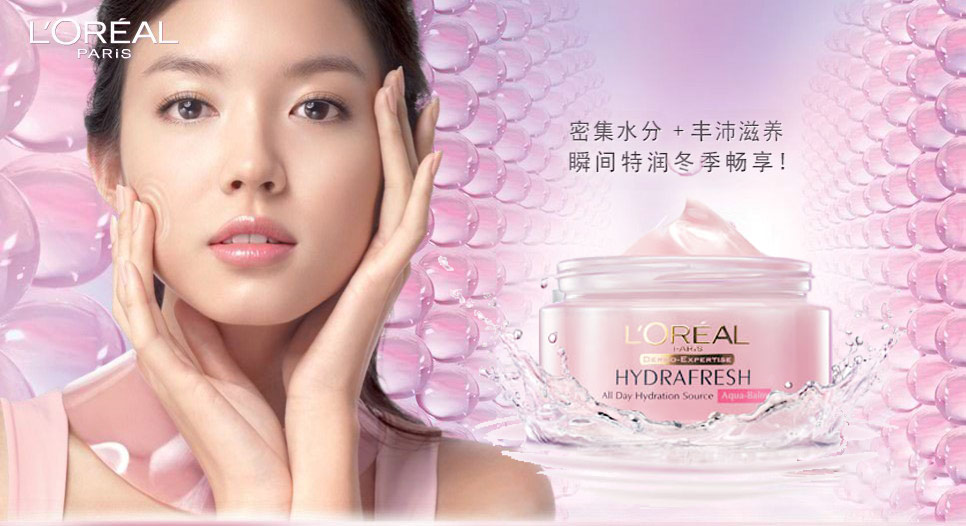
Access To New Distribution Channels
Imagine collaborating with a popular Chinese fashion retailer that already boasts an extensive distribution network and loyal customer base. By joining forces through strategic alliances or promotional campaigns, both parties are able to capitalize on their respective strengths and resources – ultimately driving sales for each brand.
Collaborations with local partners can lead to higher cultural relevance. This is particularly important for foreign cosmetics brands. Joint products are often more popular than standalone offerings. This ensures better localization and higher viral potential for marketing efforts.
Enhanced Product Credibility
Collaboration can boost your brand’s credibility among consumers. By partnering with a well-known company, you can leverage its reputation to enhance your own image and improve consumer perception of your products.
Co-branding can also be effective in addressing consumer doubts about new or unfamiliar products in crowded markets. Perfect Diary collaborated with Superface, a luxury Italian skincare brand. This helped establish them as a high-quality beauty brand in China. Customers gained confidence in the effectiveness of their products.
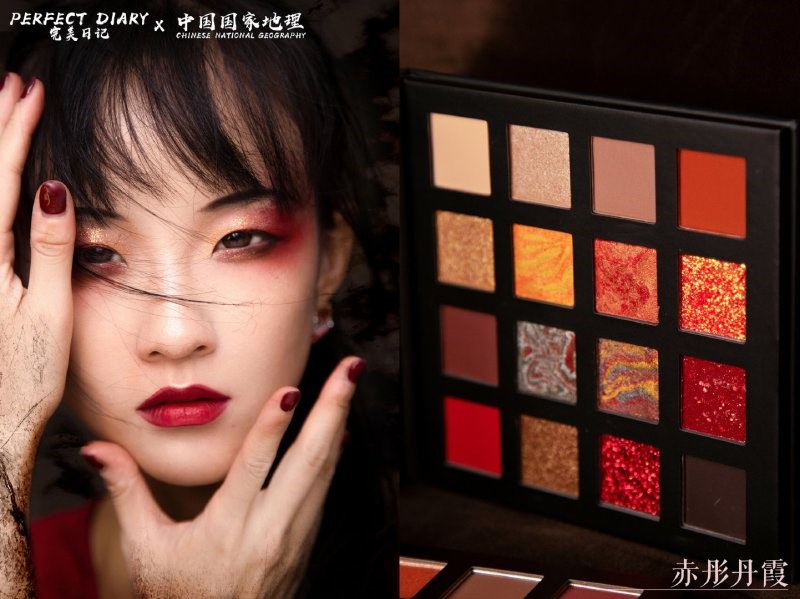
Cultural Adaptation And Localization
The Chinese market has unique preferences, values, and perceptions when it comes to beauty standards and cosmetic products.
For example, many Chinese consumers prioritize natural ingredients in their skincare products due to concerns about pollution and environmental damage. Brands that emphasize natural or organic ingredients in their products are likely to resonate more with these consumers than those that do not.
Moreover, colors have different meanings in Chinese culture than they do elsewhere; for instance, red signifies luck while white represents mourning.
Finding partners who understand local consumer preferences can help create successful campaigns that resonate with target audiences on a deeper level.

Identifying The Right Co-Branding Partners
Criteria For Selecting Suitable Partners
- Ensure that your potential partner aligns with your brand’s core values and caters to a similar target audience.
- Look for a partner that brings something unique to the table, whether it be expertise in a specific field or access to new distribution channels.
- Select a partner who understands the local culture and can help adapt your brand message in a way that resonates with Chinese consumers.
- Partner with a reputable brand that adds credibility to your products too.
- Choose partners who have different marketing strengths but cater to similar customers, like influencers or celebrities.
Aligning Brand Values And Target Audiences
A good understanding of the community can help brands communicate well and generate an emotional response, which ultimately triggers success.
For example, collaborating with a local beauty brand that shares similar values and caters to the same target audience can result in excellent exposure for both parties. When there is alignment between two brands’ values, it creates a powerful message that resonates with consumers who share those same values.
Collaborating with other brands increases brand awareness. It also enhances product credibility. This is because it shows consumers that both brands respect each other’s products and philosophies.

Leveraging Complementary Strengths And Resources
By doing so, both parties can gain access to new markets, technologies, or expertise that they may not have had previously. For example, a cosmetics brand in China could partner with a technology company to create an app that helps consumers try on makeup virtually.
Co-branding can enhance product credibility and perceived value for both brands. When established brands collaborate, it creates a sense of trust and legitimacy among consumers. This is because they perceive the quality to be high if both brands are putting their name on it.
Successful Co-Branding Strategies For Cosmetics Brands In China
Partnering With Popular Influencers Or Celebrities
Collaborating with these individuals provides access to their large followings on social media platforms, allowing the brand to tap into new markets and demographics.
Partnering with a celebrity can enhance product credibility since they are seen as trusted public figures who endorse the product. This approach has been successful for Estée Lauder’s collaboration with Chinese actress Yang Mi and Lancôme’s collaboration with Kris Wu.
They both leveraged the celebrities’ influence and popularity in China to promote their products effectively.

Collaborating With Local Beauty Brands Or Retailers
Partnering with trusted and established local companies helps to build brand credibility and increase product visibility, particularly among Chinese consumers who prioritize high-quality domestic products.
For example, L’Oreal Paris partnered with Tmall (Alibaba Group) in 2018 to launch the Beauty For All initiative. The initiative included collaborations with over ten Chinese beauty brands such as Pechoin and Cha Ling that were sold exclusively on the Tmall platform.
By partnering with these popular local brands, L’Oreal Paris was able to boost its presence in the Chinese market while also providing its customers with diverse options that met their specific needs.
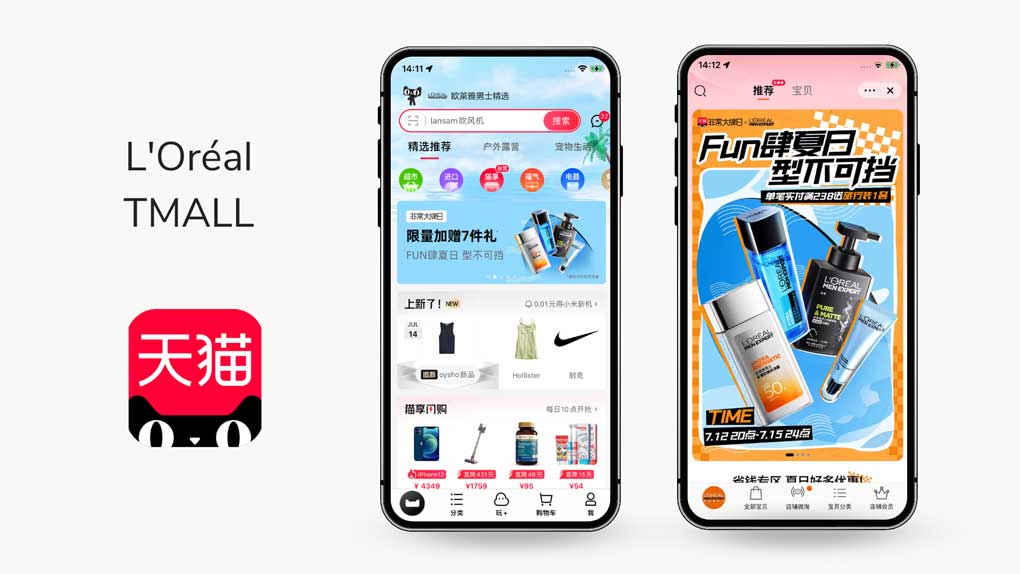
Creating Limited-edition Or Special Collections
These collaborations create a sense of exclusivity and urgency, driving demand among Chinese consumers who crave unique and innovative products.
Limited-time offers incentivize customers to purchase products quickly, enhancing sales and brand loyalty. For example, MAC Cosmetics collaborated with designer Guo Pei to create a stunning collection inspired by traditional Chinese fashion.
Other popular examples include the L’Oreal x Balmain lipstick collection launched during Paris Fashion Week 2017 or Estée Lauder’s collaboration with Victoria Beckham on makeup collections.
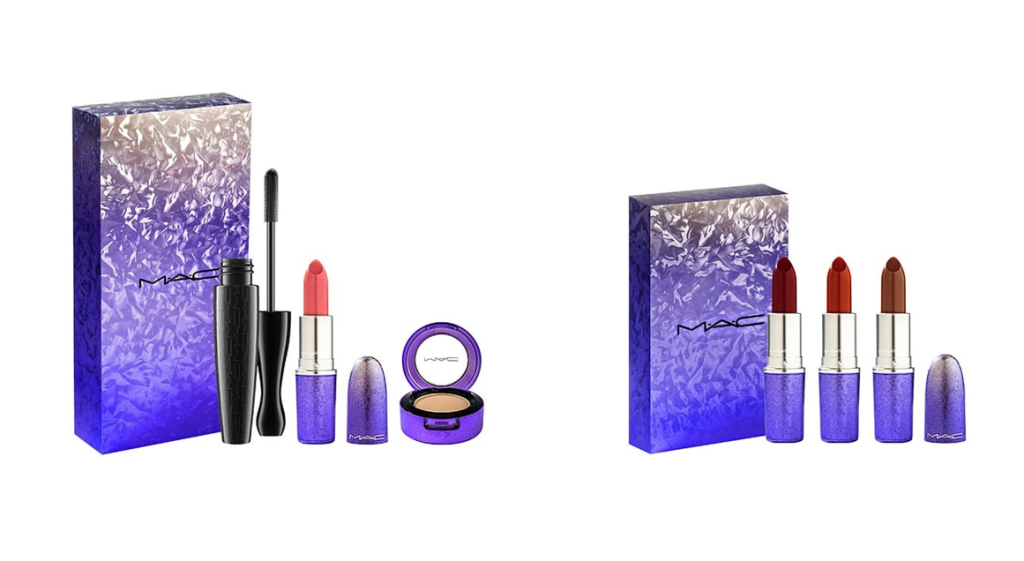
Leveraging Popular Cultures, Such As Movies, TV Shows, Or Fashion Trends
As a cosmetics brand in China, tapping into pop culture trends can be an effective co-branding strategy to connect with consumers. By aligning with popular movies, TV shows, or fashion icons, brands can leverage their influence and appeal to attract target audiences.
For instance, when L’Oreal collaborated with the Chinese mega-hit drama “Story of Yanxi Palace,” they released a limited-edition lipstick collection inspired by the show’s iconic costumes and characters.
Overall, incorporating popular culture elements into co-branding partnerships in China can create buzz around your products while demonstrating cultural relevance and sensitivity to local preferences.
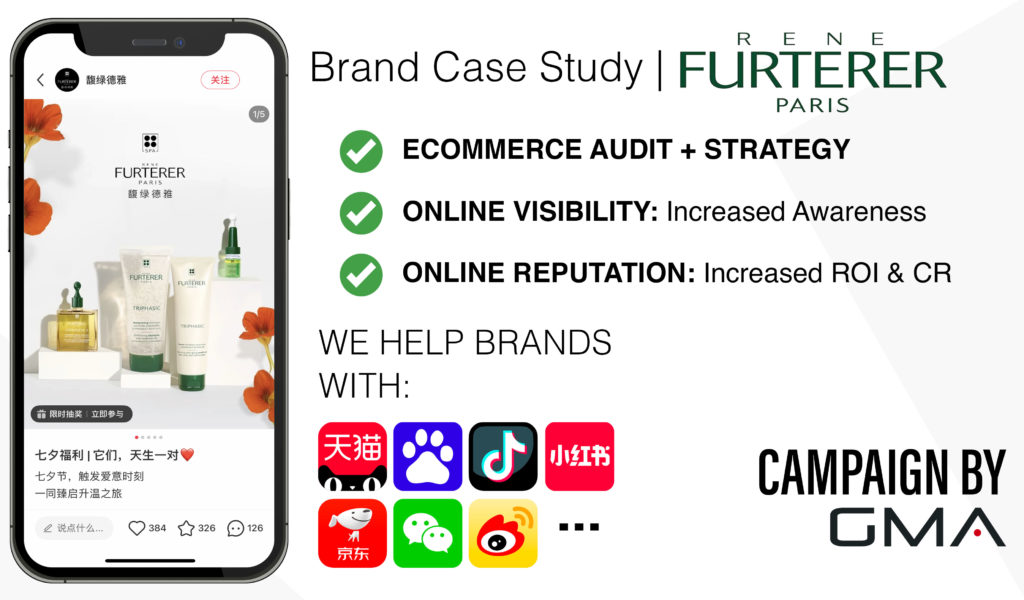
Cross-industry Collaborations (e.g., Fashion, Technology, Or Art)
Collaborating with brands outside of the cosmetics industry, such as fashion or technology companies, can be an effective way to reach new audiences and increase brand awareness in China.
For example, a cosmetic brand collaborating with a popular fashion designer for a limited edition collection can attract fans of both brands and create buzz on social media platforms like WeChat or Douyin.
Similarly, partnering with technology companies like Alibaba or Tencent can open up new distribution channels and enhance the consumer experience through innovative digital marketing tactics.
Case Studies Of Successful Co-Branding Campaigns In China
Strategic collaboration can take various forms. For example, when Lancôme partnered with the Chinese designer Guo Pei to create a limited edition makeup collection inspired by traditional Chinese artwork, they leveraged popular culture and local aesthetics to appeal to Chinese customers’ preferences.
Another noteworthy example is Estée Lauder’s partnership with the Tmall Innovation Center. The two brands utilized their complementary strengths and resources to launch an online marketing campaign that featured short videos showcasing beauty tutorial collaborations between popular influencers and professional makeup artists.
Learning Points From These Successful Campaigns
Firstly, it is crucial to select a suitable partner that aligns with your brand values and target audience. This can help establish credibility and enhance product appeal for consumers.
Secondly, creating limited-edition or special collections can drive sales growth by appealing to consumers’ sense of exclusivity and urgency.
Finally, embracing social media platforms like WeChat or Douyin (TikTok) is vital for co-branding success in China’s digitally-savvy consumer culture. By utilizing influencer marketing or viral content campaigns through these channels, brands can reach a wider audience while also reinforcing their brand identity.

Future Of Co-Branding In China For Cosmetics Brands
Attracting Gen Z Consumers With Innovative Collaborations
This fast-evolving group of luxury consumers seeks out novelty products and experiences with an exclusivity factor, making co-branding alliances a powerful way to capture their attention.
Collaborating with popular KOLs and KOCs who have large followings on social media platforms like WeChat or Weibo is a great strategy for targeting Chinese luxury consumers.
For example, when Dior partnered with Angelababy, one of China’s top actresses and influencers, it led to increased brand awareness among her millions of followers.
Cross-promotion can also work wonders – as seen when Starbucks teamed up with Tencent’s WeChat Pay system to offer discounts exclusively for customers using their payment platform.
Embracing Social Media Platforms And E-commerce
In recent years, e-commerce alliances among retailers and brands have become increasingly common in China, with platforms like Tmall and JD.com leading the charge.
Social media marketing is another essential tool for cosmetics brands looking to connect with Chinese consumers. Platforms like WeChat and Douyin (TikTok) are incredibly popular among younger generations in China, providing opportunities for innovative campaigns that leverage influencer endorsements or user-generated content.
For example, luxury skincare brand SK-II launched an AR-powered campaign on WeChat that allowed users to try on different shades of its lipstick virtually – a great way to boost engagement while also showcasing new technology trends for beauty products.
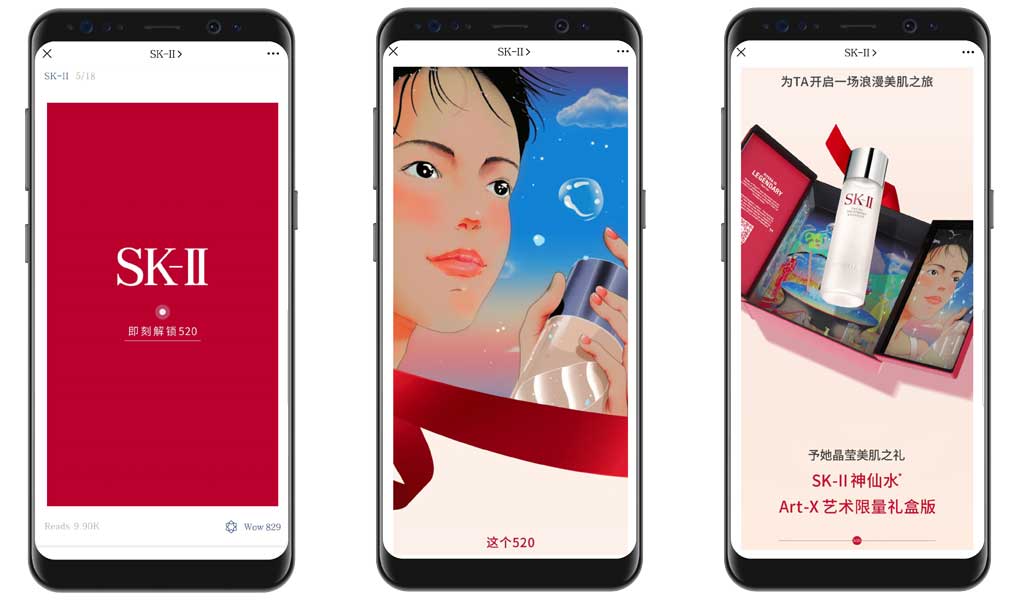
The Role Of Sustainability And Social Responsibility In Co-branding Partnerships
By aligning with companies that promote eco-friendly products or responsible business practices, cosmetics brands in China can attract like-minded customers who prioritize ethical consumerism.
Corporate social responsibility is another factor to consider when creating co-branding partnerships. Brands that adopt purpose-driven branding by supporting social causes may appeal to socially responsible consumers who value brands that share their values.
For instance, Shiseido’s campaign “Together for Happiness” partnered with NPOs Project Hope and Smile Train to bring happiness to children born with facial deformities through reconstructive surgeries.
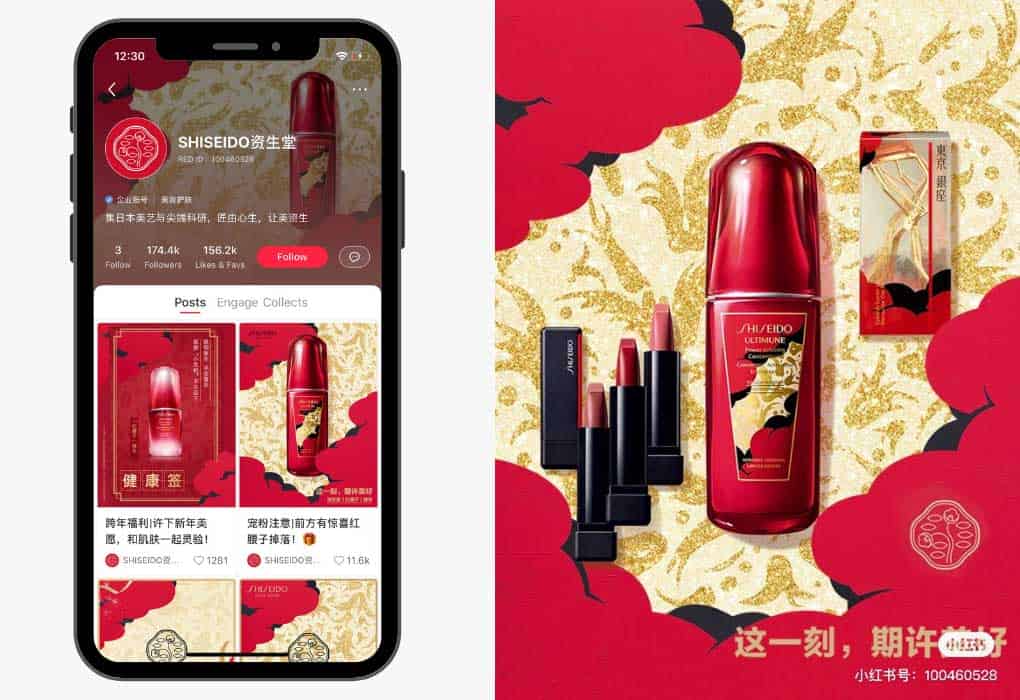
Collaborative Branding: A Winning Strategy for Cosmetics in China
By aligning with the right partners and leveraging complementary strengths, brands can enhance their brand awareness, reach new audiences and ultimately boost sales. As the Chinese cosmetics industry continues to evolve and grow, it’s clear that co-branding will play an increasingly important role.
As a cosmetics brand, it’s crucial to understand the unique needs and preferences of Chinese consumers if you want to succeed in this dynamic market. Adapting your product offerings, marketing strategies, and branding efforts to the Chinese context is essential for achieving long-term success.
For example, collaborating with a local influencer or beauty brand can help your company gain credibility and tap into new distribution channels. Moreover, leveraging popular culture trends like movies or fashion can increase brand awareness among young consumers who are driving growth in this market.

If you are interested in collaborating with Key Opinion Leaders (KOLs) or local influencers to boost your cosmetics brand in China, we are here to help. Our team can assist you in identifying and partnering with influencers who align with your brand and target audience.
We can also facilitate co-branding opportunities to enhance your brand’s credibility and perceived value in the Chinese market. Through strategic partnerships with other established brands, you can create a sense of trust and legitimacy among Chinese consumers, which can ultimately drive sales and increase brand loyalty.
Don’t hesitate to reach out to us if you would like to explore these opportunities further. We are dedicated to helping your cosmetics brand succeed in China.
